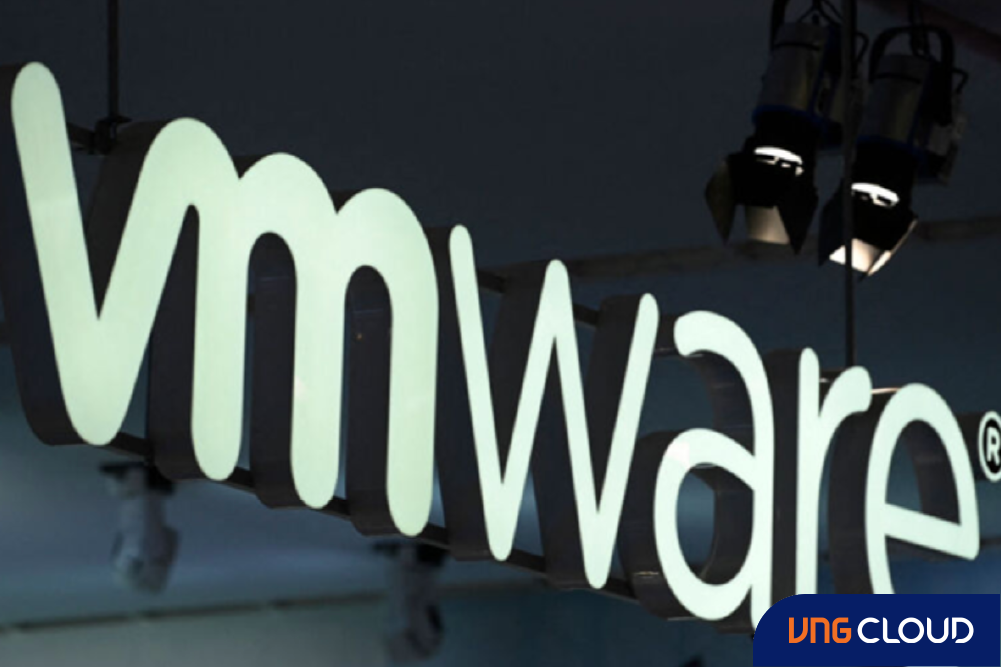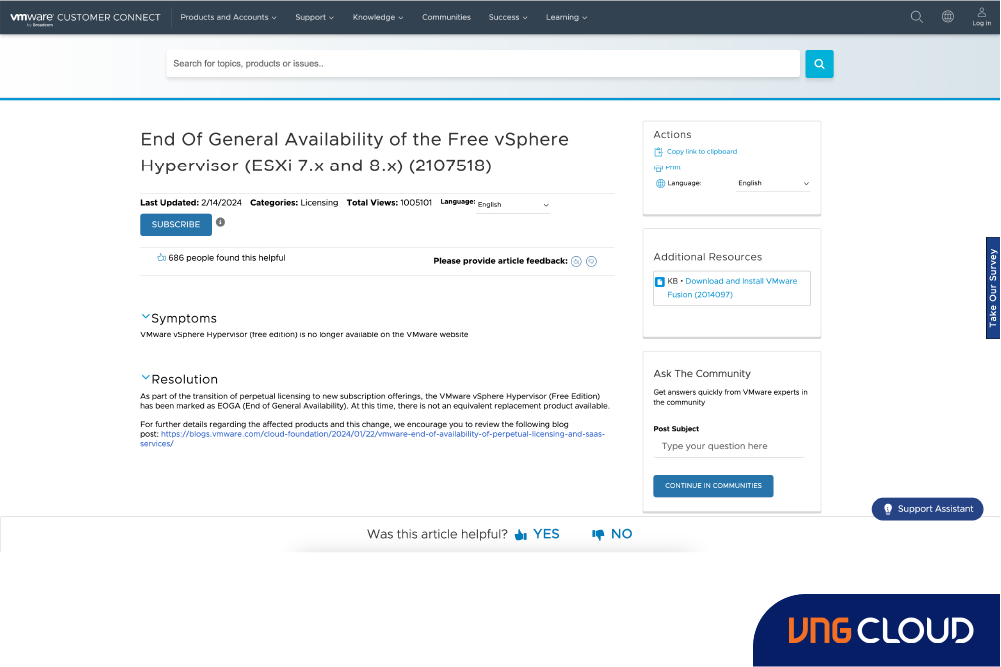In November 2023, Broadcom finalized its $69 billion acquisition of VMware as part of its strategy to expand its multi-cloud capabilities. VMware has changed hands several times, notably being acquired by Dell after Dell's $67 billion purchase of EMC in 2016. EMC itself had acquired VMware in 2004. Dell subsequently divested its stake in VMware in 2021, setting the stage for Broadcom's acquisition.
Upon its foundation in 1998, VMware entered a landscape where data centers were transitioning to x86 servers. This shift saw proprietary Unix hardware being supplanted by x86-powered Linux servers from Red Hat and SUSE, while Microsoft aggressively promoted Windows NT Server for data center deployments, catering to server software such as Exchange email server and SQL Server database.
VMware revolutionized the industry by enabling x86 servers to host multiple virtual machines (VMs) on each physical server, managed through hypervisors. Over time, VMware expanded its offerings to include virtual desktop infrastructure (VDI) and mobile device management (MDM). This evolution in server virtualization laid the groundwork for data center virtualization and the emergence of cloud-based IT infrastructure.

Broadcom's future strategy focuses on empowering enterprise clients to establish and update their private and hybrid cloud infrastructures. The company intends to allocate resources towards VMware Cloud Foundation, the software stack pivotal to private and hybrid clouds, while transitioning away from perpetual software licensing.
Under the new branding "VMware by Broadcom", the product family aims to offer a comprehensive suite of solutions, including VMware Tanzu for expedited application deployment, application networking (Load Balancing), advanced security services, and VMware Software-Defined Edge tailored for telco and enterprise edges.
What's the fate of VMware’s end-user computing portfolio?
During the company’s Q4 earnings call in December 2023, Broadcom CEO Hock Tan confirmed plans to divest the end-user computing segment, ceasing offerings such as VMware Horizon.
On February 26, investment firm KKR announced a definitive agreement to acquire Broadcom's EUC Division, making it an independent entity. Shankar Iyer, General Manager of Broadcom's End-User Computing Division, stated in a blog post that KKR shares their commitment to providing top-notch solutions and customer experiences for the modern digital workspace.
As part of its shift from perpetual licensing, Broadcom announced the End of General Availability for the VMware vSphere Hypervisor (Free Edition). Currently, there is no equivalent replacement product available.

In a previous post outlining the company's strategy for VMware Workstation, Michael Roy, the product line manager for desktop hypervisor products, emphasized Broadcom's dedication to desktop hypervisor products and platforms.
Roy explained that because desktop hypervisor applications used in virtual desktop infrastructure share the same code as VMware ESXi, the hypervisor for virtual servers, they benefit from improvements made across both product lines. He emphasized that VMware Workstation enhances ESXi's capabilities by supporting a wide range of scenarios and use cases, facilitating the testing of new features. Conversely, ESXi's investment in enterprise reliability over more than 20 years helps establish Workstation as the premier desktop hypervisor app.
What are the changes in VMware licensing?
Broadcom, through its acquisition of VMware, is transitioning to subscription software licensing for VMware products. As part of this shift, it has reduced the price of VMware Cloud Foundation to encourage customers to opt for annual software subscriptions. VMware Cloud Foundation serves as Broadcom's premier enterprise-grade hybrid cloud solution, enabling customers to run both business-critical and modern applications securely, resiliently, and cost-effectively.
The company stated that to enable more customers to benefit from the solution, they have halved the previous subscription list price and added higher support service levels, including enhanced support for solution activation and lifecycle management.
In addition to discontinuing the sale of perpetual licenses, the company has announced the cessation of support and subscription (SnS) renewals for perpetual offerings. Broadcom has also introduced a "bring-your-own-subscription license" option, offering license portability to VMware-validated hybrid cloud endpoints operating VMware Cloud Foundation.
Krish Prasad, Senior Vice President and General Manager of VMware Cloud Foundation Division, highlighted that streamlining the product portfolio enables customers of all sizes to derive greater value from their VMware investments. He mentioned that the simplification of portfolios across all divisions of VMware by Broadcom was prompted by feedback from customers and partners.
IT leaders managing VMware infrastructure need to be ready themselves for the shift towards subscription licensing, which will also affect their current supplier relationships with VMware partners, who were previously responsible for providing software licenses.

Furthermore, job cuts are expected as the company aims to maximize the value of its $69bn investment in the VMware acquisition. Changes in software licensing also mean enterprise IT buyers may no longer deal with their previous VMware partners for acquiring new licenses.
Leveraging vCloudStack for Legal and Data Sovereignty Needs
Given the significant policy changes by Broadcom concerning VMware, it's good for enterprises to explore alternative options and establish contingency plans for adaptation. Among these, VNG Cloud's vCloudStack emerges as a notable solution worthy of consideration.
vCloudStack Hub serves as a private cloud platform facilitating the seamless integration of VNG Cloud services into clients' data centers. This empowers users to leverage VNG Cloud offerings and run applications with the cloud's inherent flexibility and innovation advantages, all while upholding data sovereignty and adhering to legal obligations.
Why choose vCloudStack as an alternative to VMware vSphere?
- Significant cost savings: Save over 50% on license costs, reduce resource consumption for management, and enjoy complimentary upgrades.
- Comparable feature set: Offers equivalent functionality to 70% of VMware's features, including vCenter, vSphere, VRO, VRA, vSAN, and NSX.
- Open-source foundation: Built on open-source code, all functions are accessible through RESTful APIs, facilitating easy integration with third-party software and redevelopment.
- Streamlined architecture: Simple deployment, maintenance, and upgrades, with high scalability for sales.
- Data sovereignty: Ensuring data sovereignty and privacy by deploying on the customer's own on-premises infrastructure.
vCloudStack | VMware vSphere | |
Installation | Simple | Simple, more than one module |
Upgrade | Seamless and fast | Complex, more than one module |
Iteration | 3 months, respond to feedback | Half a year |
Scale | 3~3k+ nodes per single cluster* | Small or medium |
Hardware | Flexible, utilize used equipment | Flexible, utilize used equipment |
Hypervisor | KVM, VMWare | VMWare |
Network | SDN (build-in module, no extra charge) | NSX (extra components and charge required) |
Hybrid | VNG Cloud (build-in module, no extra charge) | AWS/Azure (extra components and charge required) |
With vCloudStack, customers can deploy applications within their on-premises environment and deliver VNG Cloud services from their own data center. Such flexibility empowers organizations to tailor their technology choices to align with their specific business needs.
Conclusion
In conclusion, while VMware has long been a staple in many IT environments, the evolving landscape of technologies like Kubernetes and serverless computing suggests the need for flexibility. It's wise for organizations to explore alternative options and have backup plans in place to adapt to changing infrastructure needs, such as vCloudStack by VNG Cloud.
vCloudStack provides a compelling solution, offering cost-effective, scalable, and feature-rich capabilities that align with modern IT demands. As a leading cloud service provider, VNG Cloud is a trusted partner, providing an alternative solution to VMware vSphere, empowering organizations to proactively adapt to changing needs.